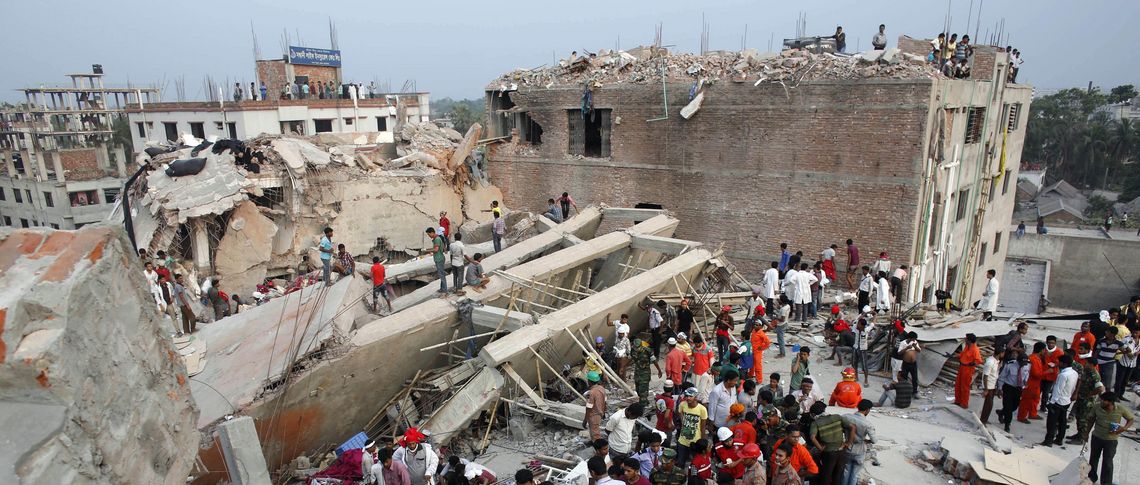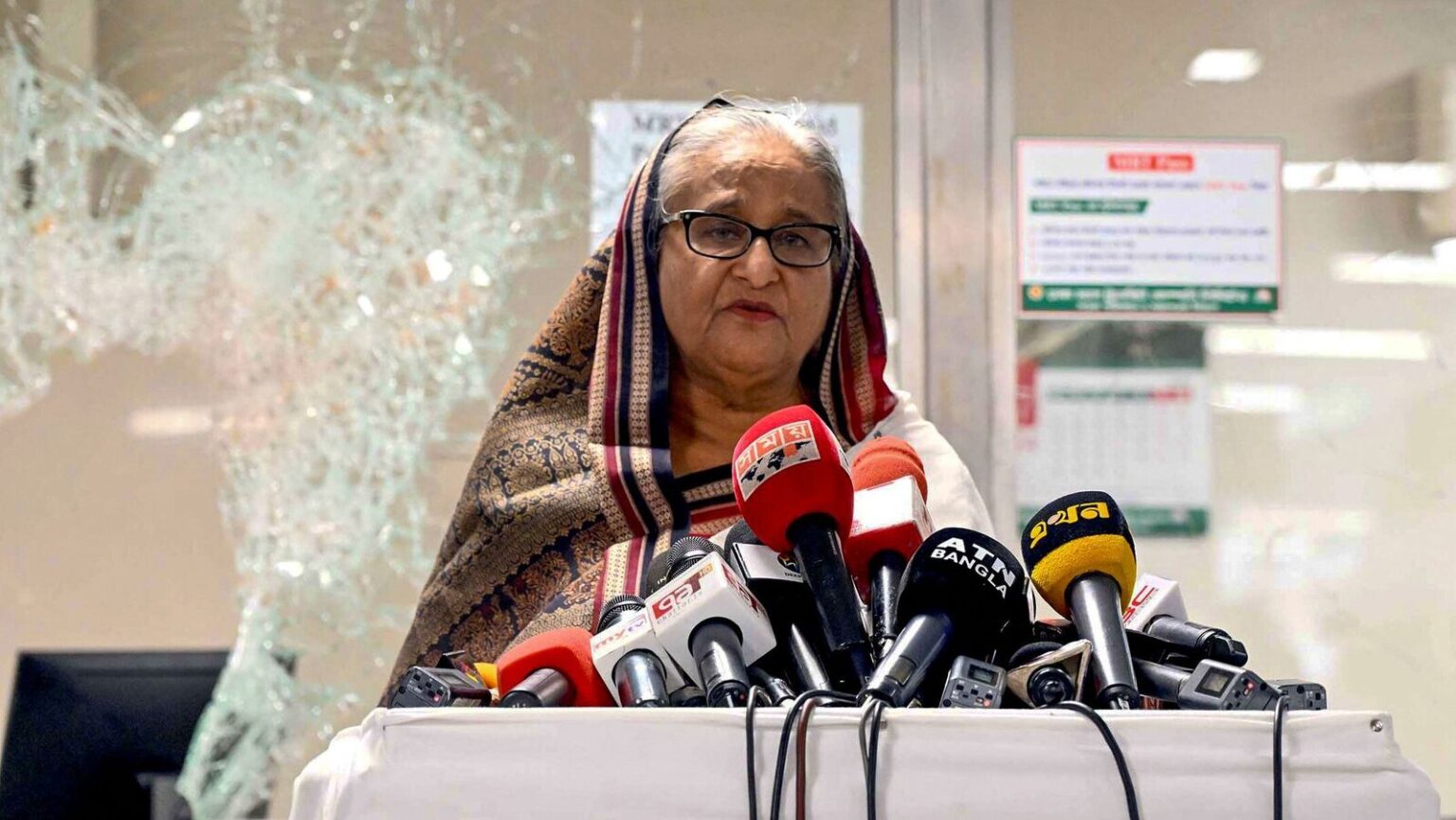Bangladesh has seen impressive economic growth over the past decade, with rapid progress in sectors like textiles, agriculture, and services. The country has emerged as one of the fastest-growing economies in Asia, with impressive GDP growth rates and reductions in poverty levels. However, beneath this growth lies a set of challenges that threaten the sustainability of its economic momentum.

Source:- BBC news
One of the primary concerns is the heavy reliance on the ready-made garment (RMG) sector, which contributes significantly to the nation’s exports. While RMG has driven growth, the sector faces rising labor costs, competition from low-wage countries, and demands for better working conditions. Diversifying the economy beyond textiles remains a critical challenge.
Source:- news 18
Additionally, infrastructure constraints, including inadequate power supply, poor roads, and limited port facilities, are slowing down economic development. These bottlenecks hinder productivity, especially in manufacturing and logistics, essential sectors for continued growth. Bangladesh also faces persistent issues with corruption, which affects both public and private sectors, deterring foreign investments and slowing down economic reforms.
The country’s financial system, dominated by state-owned banks, remains fragile, with high levels of non-performing loans and a lack of innovation. The banking sector’s inefficiencies contribute to slow economic reforms and limit access to credit for businesses.
Another key concern is climate change. As a low-lying country, Bangladesh is highly vulnerable to floods, cyclones, and rising sea levels, which threaten agricultural productivity and displace millions of people. The long-term economic consequences of these climate impacts are immense, and addressing them requires substantial investment in resilience-building.
In conclusion, while Bangladesh’s economic growth story is commendable, its foundations remain shaky due to overdependence on certain sectors, inadequate infrastructure, financial inefficiencies, and climate vulnerabilities. Addressing these challenges is crucial for ensuring that growth becomes sustainable and inclusive.
Share your views in the comments

